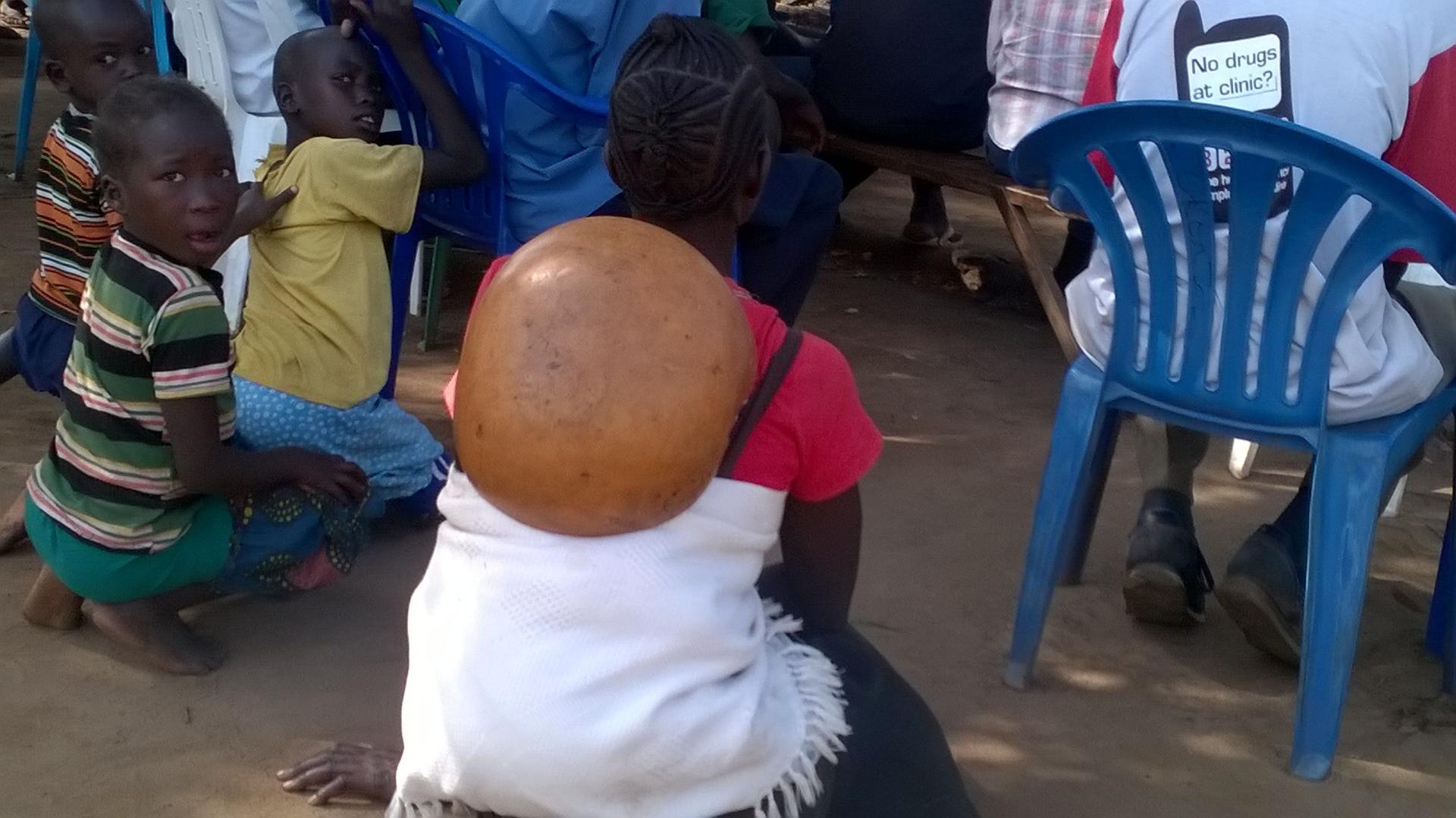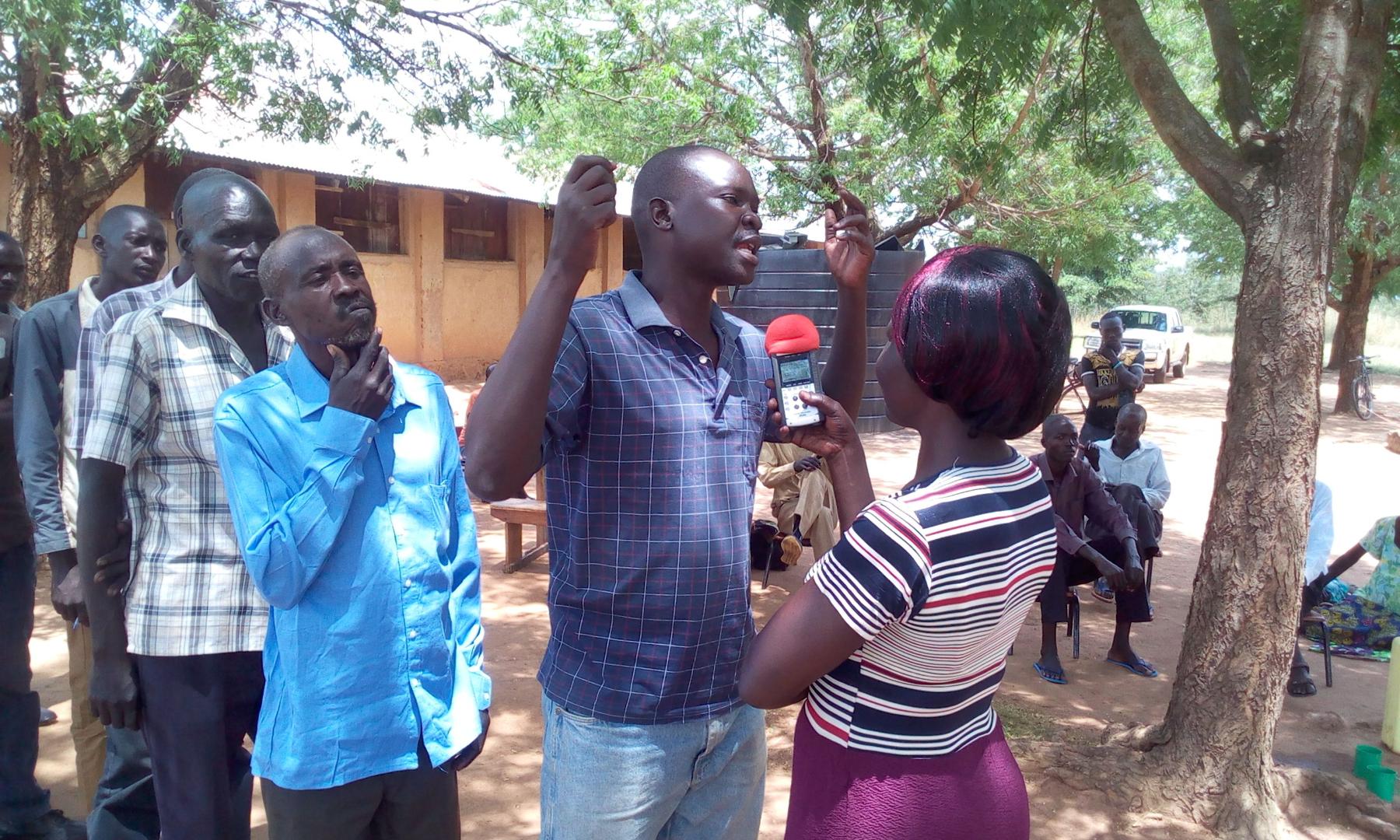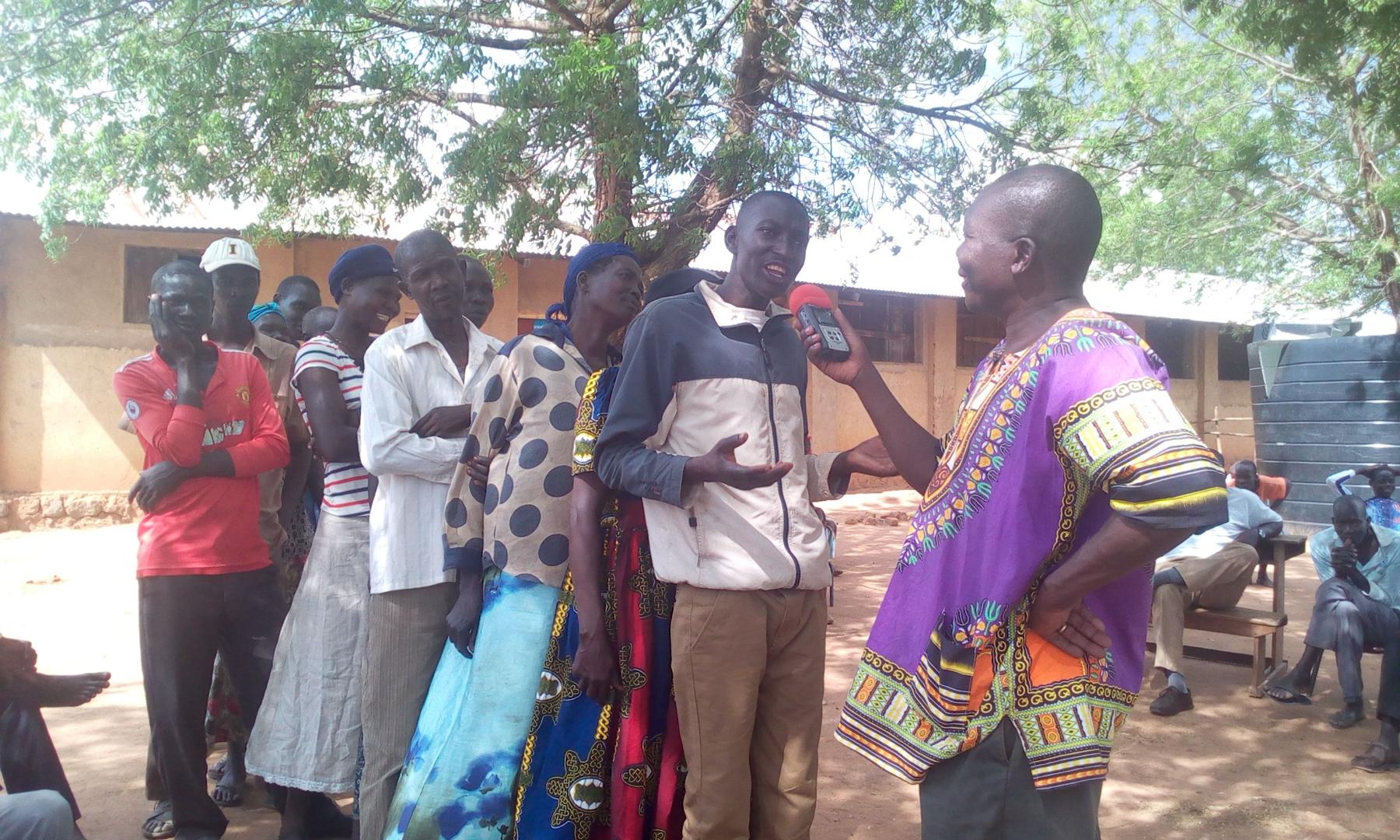Residents of Kalabong village in Namukora sub county Kitgum district have rejected government’s move to have control over their land. Land is one of the most essential pillars of human existence and economic development. In Uganda, land is the most invaluable asset for citizens. It is acquired to provide livelihood, facilitate production and economic transformation of the country. During Kabake at Kalabong Primary School, residents argued that land is now their only asset that they majorly depend on, meaning anybody tampering to grab their land is killing them.
Kidega Ocakacon, one of the participants said the land they are using is their land and the government has no right over it. “If the government takes control of the land, how will the residents survive because it’s from their land that they are able to cultivate and feed their family?” he asked. “Why is the government coming up with policies that will just make people become slaves in their own country” he asked again.
If the government wants land for any development they should just negotiate with the land owners but not by making unrealistic laws that will give land ownership in their hands.
Onek adds that whoever tampers with their land wants to kill them; so as residents they reject that move by the government.
Justine Oryem, another resident who is not in support of the government’s move of controlling people’s lands said the land belongs to them and the government has no right over it.
Oryem explained that they were born, fed and raised from their land and they inherited the land from their ancestors, so what gives the government rights to claim for what does not belong to them!
“If the government takes control of the land how will they survive and will the money for compensation sustain them with all their families?" Oryem asked.
Beatrice Amono said they have children to take care of whose fathers died during the northern insurgency, hence, why should the government take away their land.
She said these land existed before the government, that is, during the colonial time and it’s their fathers who are the owners of the land not the government; so they government should forget about it because as a community they will not accept their land to be taken.
Despite majority of the residents justifying that land ownership should be under them on grounds that it’s their source of livelihood, a number of women and men who also contributed during the Kabake strongly supported government’s moves saying people are failing to use the land in question.
The residents argued that even if they own the land, for the sake of development people need to accept the government to use the said land freely because they will benefit more through the development.
Basil Ochola said according to him the government should take full control of the land because the community is failing to fully utilize the abundant land.
“I think there is no justification whatsoever for the residents to be claiming the land they are not even making good use off” Ochola notes.
He said the government has given people the authority to use the land but said people instead of using it in the right way; the land has become a source of conflict and divisionism among people.
Ochola added that it will be better for the government to take control over the land from residents other than leaving it idle the way the community is keeping it; only using it for fighting each other.
Richard Nyeka who also contributed said the government should not waste time seeking for people’s views but should just take control of the available land immediately.
Luwalo further noted that people had the land at their disposal but up to now none of them has progressed in life with the vast hectares of land they have.
He said the land is instead dividing people, causing death and blocking development.
In many parts of the country the government has been in conflict with community rejecting their move of acquiring land for development, for example, in areas like Lakang, Apaa in Amuru district and Aswa ranch in Pader
Recently, President Yoweri Kaguta Museveni embarked on land campaign to explain why the government is planning to implement land laws.
In his explanation Museveni said that although the existing law allows government to acquire land in public interest, some citizens either stubbornly or due to corruption and collusion with civil servants, have been rejecting government compensation, engaging government in protracted legal battles that result in delaying the implementation of crucial government development projects and programes.
Citing several road and electricity projects that have stalled due to land owners’ rejection of government compensation or seeking unfair compensation, Museveni said that the proposed amendment to the land law is meant to ease government acquisition of land for only the development of public infrastructure such as roads, railways and electricity.
He added that the acquisition must be done after compensating the landowner.
Uganda is relatively a vast country with big chuncks of un-utilized and underutilized land especially in the Northern and Eastern parts. Uganda’s land to a bigger scope is fertile and very excellent for large scale industrialization, residential setups and farming.
Report compiled by Ivan Toolit from Mega FM, Gulu








